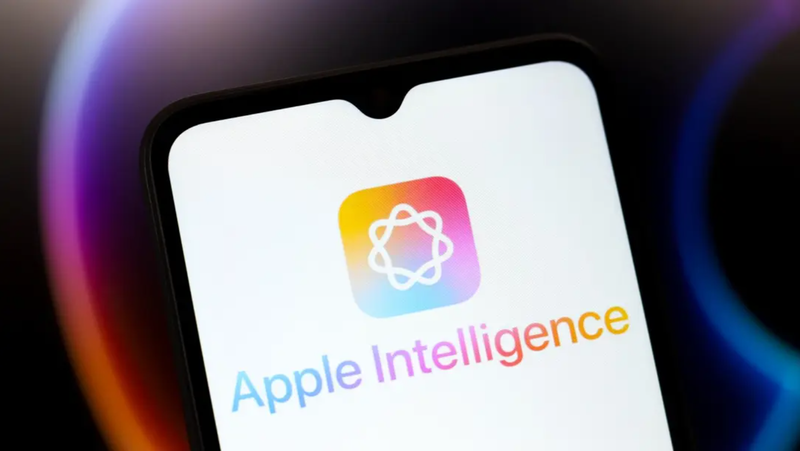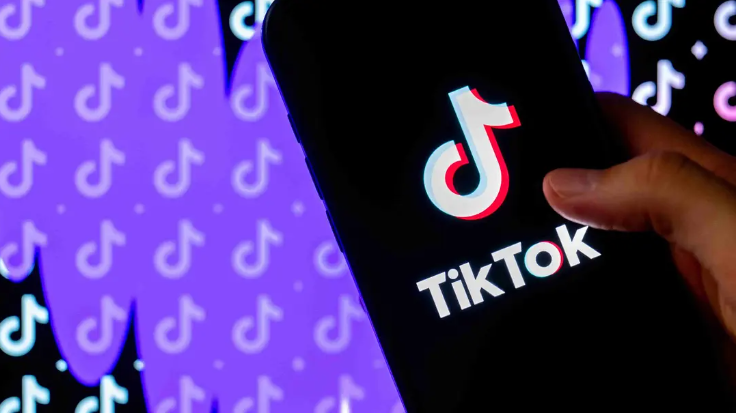Apple Accused of Violating EU Digital Competition Law
Following its regulatory investigation launched in March, the European Commission (EC) alleged Monday that tech company Apple has violated the EU's Digital Markets Act (DMA) by restricting third-party app developers from reaching prospective customers....
0:00
/1861
Facts
- Following its regulatory investigation launched in March, the European Commission (EC) alleged Monday that tech company Apple has violated the EU's Digital Markets Act (DMA) by restricting third-party app developers from reaching prospective customers.1
- The international bloc claims Apple has violated so-called steering rules, which are meant to make it easier for third parties to inform their users about their offerings outside of the App store.2
- The EC accused Apple of making it difficult for third-party developers to share pricing information and promotions with their customers, and that the tech company restricted them from linking customers to non-App Store apps and imposing violative fees.3
- Since these are only 'preliminary findings,' Apple will have a year to respond to the charges and come to an agreement before any punishment is imposed.4
- While this is the first indictment of any company under the new law, which could result in a fine of up to 10% of Apple's global revenue, the EU fined the company $2B in March under traditional antitrust laws.5
- Ahead of this decision, Apple on Friday announced it would delay the EU release of its new artificial intelligence (AI) products Apple Intelligence, iPhone Mirroring, and SharePlay screen-sharing. It argued that the DMA would compromise 'user privacy and data security.'6
Sources: 1Forbes, 2New York Times, 3Washington Post, 4Wired, 5wsj.com and 6CNBC.
Narratives
- Narrative A, as provided by ec.europa.eu. Apple is continuing to violate the DMA, which explicitly states that the tech giant must provide third parties with an easily navigable process to reach consumers. Apple is still imposing excessive charges on app developers and restricting developers' promotional capabilities. Once Apple finally chooses to follow the law, it can rest assured that it will still make its share of profits without disrupting competition.
- Narrative B, as provided by GamesIndustry.biz. While Apple has certainly played a villainous role in this DMA saga, the EU isn't without fault. Instead of focusing on fees more generally, the Commission has allowed Apple to continue to impose the same charges through often unvetted third parties. The EC should let Apple oversee third-party developers under the condition that it fosters competition to bring fees down. Companies and consumers should both be the focus of this law.







